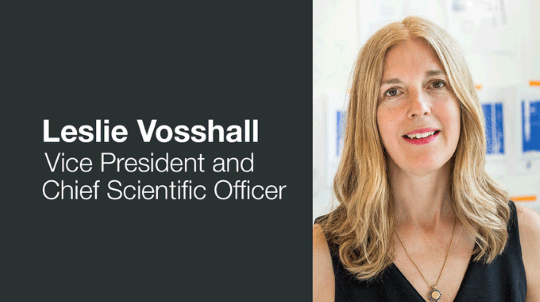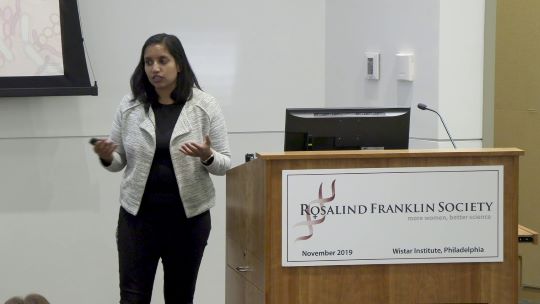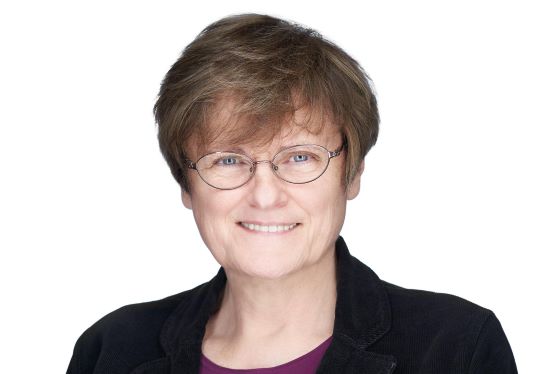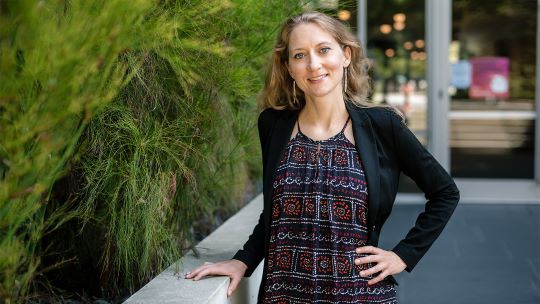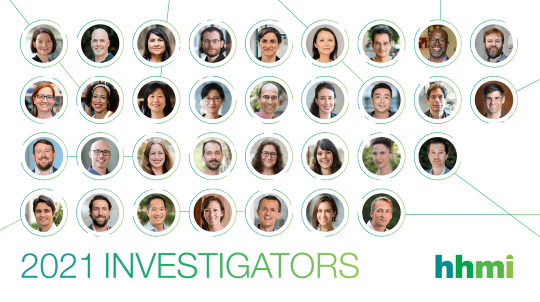|
Dear Colleagues, I am pleased to include another issue of RFS Briefings with some timely and encouraging updates on women in science. In case you missed it, we will be hosting our next Women in Science Webinar with Fiona Murray, the Associate Dean of Innovation and Inclusion at the MIT School of Management and William Porter (1967) Professor of Entrepreneurship. Register now for the event on October 1st at 12 pm ET. See below for more news about women in science
Please continue to share important news and opportunities with us so that we may share it with you, and others who are committed to supporting the careers of exceptional women in science. Stay safe and sound,
Karla Shepard Rubinger
Leslie Vosshall named Vice President and Chief Scientific Officer at HHMI.
HHMI Investigator Leslie B. Vosshall, PhD, will become Vice President and Chief Scientific Officer at HHMI, effective March 1, 2022. “I’m thrilled to welcome Leslie to our HHMI leadership team,” said HHMI President Erin O’Shea. “Her combination of scientific skill, HHMI experience, and passion for building the future of science will help us take big leaps forward to achieve our goals. I also want to deeply thank David for his leadership, stewardship, and tireless commitment to our basic science mission.” Read more.
Biology starts to get a technological makeover.
The story of Ginkgo Bioworks shows the challenges and progress in the emerging field of synthetic biology. Ginkgo is raising more than $1.6 billion to further expand its automated biology foundry by going public through a special-purpose acquisition company. Co-founder Reshma Shetty (pictured above) was the BIO 2019 Rosalind Franklin Award Winner! Watch her presentation here. We also applaud Emily Leproust, CEO of Twist Bioscience, also mentioned in this NYT article. Watch her presentation here. An mRNA pioneer discusses how her work led to the COVID vaccines.
Dr. Katalin Karikó. Credit: Photo courtesy of Vilcek Foundation/MHamiltonVisuals Scientific American spoke with Katalin Karikó about how she came to work on mRNA, why it was well suited for COVID vaccines and what other exciting medical applications it could have. “I never wanted to actually develop a vaccine. I was making this modification in the RNA because I always wanted to develop it for therapies. And when, in 2000, we learned that adding messenger RNA (which I made) to humans, they made inflammatory molecules—cytokines—I thought that I had to do something,” Karikó said. Read more. Politics will be poorer without Angela Merkel’s scientific approach.
Departing German Chancellor Angela Merkel has stood out among politicians for her commitment to science and evidence.Credit: Nature News, Departing German Chancellor Angela Merkel has stood out among politicians for her commitment to science and evidence, according to an editorial in Nature. “Over the years, her administration has strengthened and internationalized German science. Every government is imperfect when it comes to protecting peoples’ rights, promoting security and well-being, and administering justice, but Merkel brought compassion and an insistence — unusual among politicians, even in the time of COVID-19 — that decision-making benefits from evidence. All of this will make her a hard act to follow.” Read more. The Godmother of the digital image. Women less likely to win major research awards.
Lokman Meho, an information scientist at the American University of Beirut, examined whether gains in professorships for women have translated into awards honoring their work. His findings show that women’s share of international prizes rewarding research excellence is increasing, but still lags behind the proportion of professorial positions held by women. The disparity is greatest in disciplines including life sciences, computer science and mathematics. Read more. Cancer immunologist Karin Pelka joins Gladstone Institutes.
Karin Pelka is joining Gladstone Institutes as an assistant investigator, with a long-term goal of understanding how innate immune mechanisms shape anti-tumor immunity. "Our immune system is really powerful because it's very adaptable; it can learn from and adapt to various situations," she says. "We want to find new ways of using different weapons of the immune system to tackle disease. For now, I'm focused on cancer, but this is really a concept that broadly applies to other diseases." Read more. A medical career, at a cost: infertility. Björkman recognized for outstanding achievements in science. 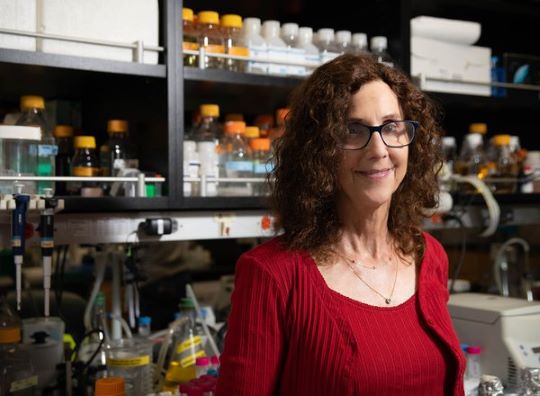 Pamela Björkman, the David Baltimore Professor of Biology and Biological Engineering and a Merkin Institute Professor at Caltech, has been named the recipient of the 2021 Pearl Meister Greengard Prize, a major international award recognizing outstanding women scientists and presented by The Rockefeller University. Björkman is being recognized for "discovering key aspects of the immune system that are helping to direct better treatment for infection from viruses and other diseases," according to the university's press release. Read more.
The Elizabeth Holmes trial is a wake-up call for sexism in tech. Antony Hewish, astronomer honored for the discovery of pulsars, dies at 97. HHMI invests $300 million in 33 new investigators.
These scientists and their fellow 2021 Investigators could radically change how we think about biology, human health, and disease. HHMI will invest at least $300 million in these new Investigators, who come from 21 US institutions and will join HHMI’s Investigator community, which currently includes approximately 250 scientists. Read more. Apply today for the inaugural Michelson Philanthropies and Science Prize for Immunology! Covid vaccine pioneers and others win 2021 Lasker Awards in Medicine. 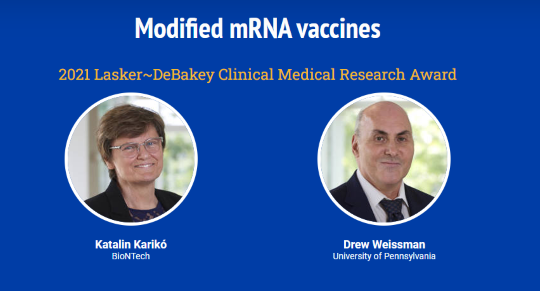 The Lasker awards were given to scientists whose work was crucial for Covid-19 vaccines, scientists who discovered how to control the firing of neurons with beams of light, and to a researcher whose influential work and leadership changed medical science. Katalin Kariko, a senior vice president at BioNTech, and Dr. Drew Weissman, a professor in vaccine research at the University of Pennsylvania’s Perelman School of Medicine, shared this year’s award. Read more. Image: Lasker Foundation. Marianna Limas, Social Media Manager |


